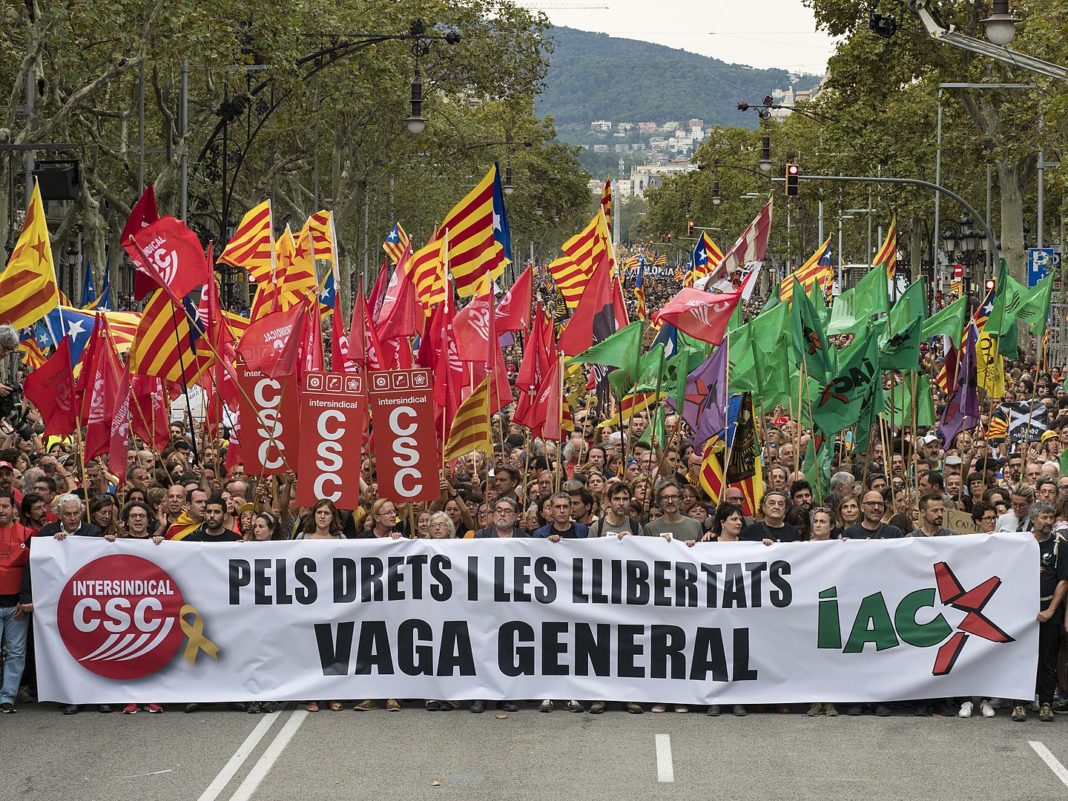A colleague of former President of Catalonia, Carles Puigdemont, proposed to the former Russian deputy that Catalonia recognize the annexation of Crimea in exchange for support for the independence process.
Víctor Terradellas was not exactly sparing in his telephone communications with the leaders of the independence process in Catalonia, particularly with his friend Carles Puigdemont, and with leading Catalan separatist David Madí and former ERC party leader Xavier Vendrell, both arrested on Wednesday in an operation carried out by the Civil Guard.
The substance of these conversations was released by the examining magistrate number 1 in Barcelona confirmed the scale of Russian support for the secessionist challenge in 2017, made to Puigdemont just days before the declaration of independence in October of that year, amounting to 10,000 soldiers and paying off all Catalan debt.
Both offers were rejected, however the judge goes on to say that had Carles Puigdemont accepted the offer from Russia, the consequences would probably have been tragic, including armed conflict on Spanish soil and the loss of many human lives.
On Wednesday morning the Guardia Civil, acting on the orders of the judge, arrested 21 people, many of them members or former members of Puigdemont’s inner circle, advisers both in Catalunya and in Waterloo (Belgium), where he fled Spanish justice.
Those arrested, and many other still under investigation, will face charges that will include the misuse of public funds, influence trafficking, money laundering and the disruption of public order.
The shadow of Russian interference over the independence process extended over the same years that it did over the 2016 American elections, in which Donald Trump beat Hillary Clinton after she had seemed to be well ahead.
It is no secret that the Kremlin is interested in the weakening of its strategic adversaries in the USA and the European Union (EU). The Minister of Defense at the time, María Dolores de Cospedal, said during a meeting of the European People’s Group in March 2018 that such interference, “is not a myth, it is real.”
Needless to say, the Russian Government denies the claims.





